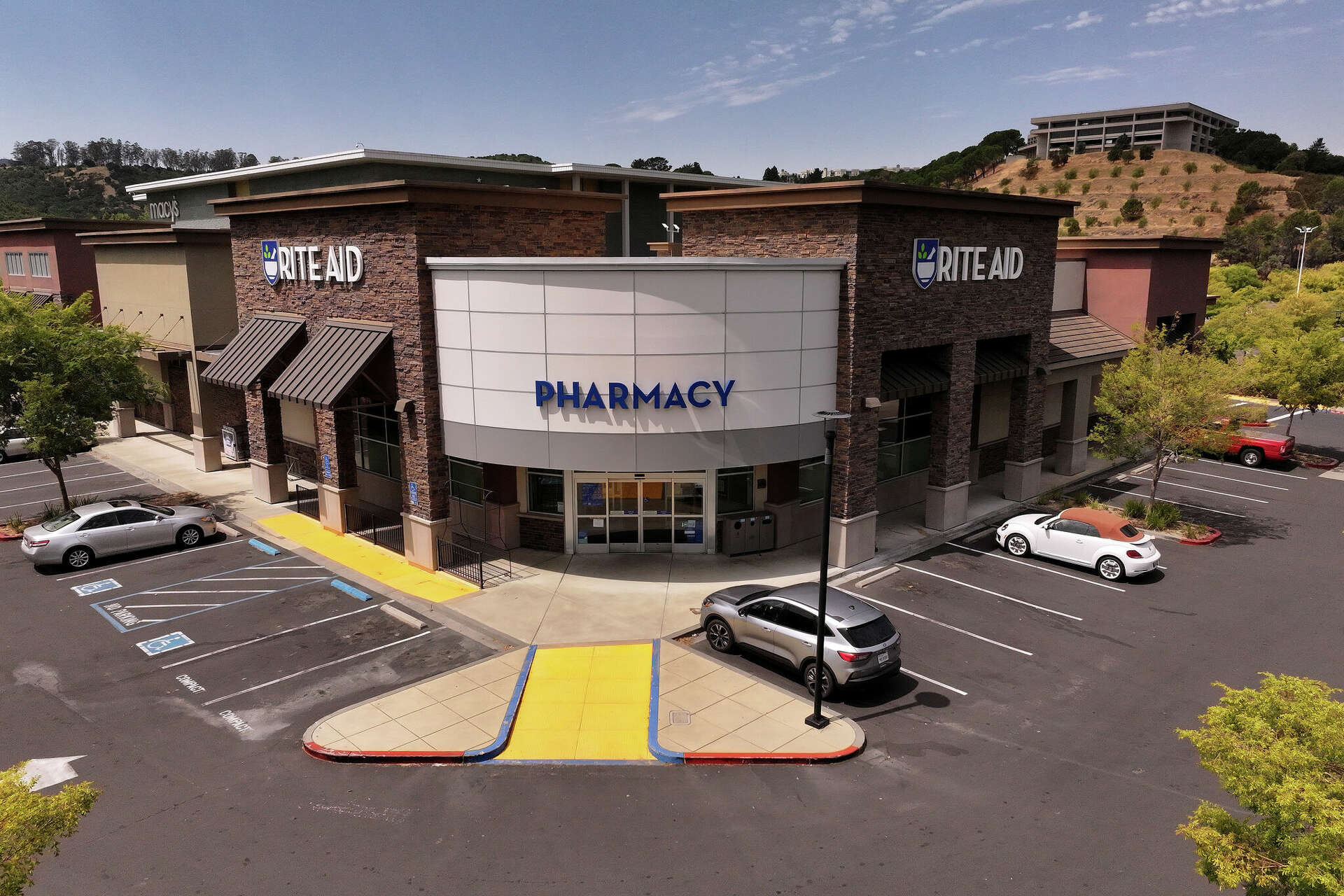Executive Summary
- State Senator Tony Strickland is advocating for $400 million in funding for Proposition 36 in California's May Revise budget.
- Proposition 36, which increases sentences for specific drug and theft crimes, was approved by nearly 70% of California voters.
- Strickland argues that funding Prop 36 will improve public safety, reduce crime rates, and support rehabilitation programs.
Event Overview
California State Senator Tony Strickland has publicly urged Governor Gavin Newsom to allocate $400 million in the upcoming May Revise budget for Proposition 36. This proposition, passed by a significant majority of California voters (nearly 70%), aims to increase sentences for certain drug and theft crimes. Strickland argues that funding this initiative is essential for addressing rising crime rates, supporting rehabilitation programs, and ultimately improving public safety across the state. The call for funding comes amidst growing concerns about public safety and the perceived prioritization of criminals' rights over victims'.
Media Coverage Comparison
| Source | Key Angle / Focus | Unique Details Mentioned | Tone |
|---|---|---|---|
| Sacramento Bee | Urging Governor Newsom to fund Proposition 36 to enhance public safety. | Highlights that Prop. 36 was passed by nearly 70% of California voters and received zero funding in the Governor's January budget. Mentions Senate Democrats rejected an amendment to add funding. | Advocating/Persuasive |
Key Details & Data Points
- What: State Senator Tony Strickland is requesting Governor Newsom to allocate $400 million in the May Revise for Proposition 36, an anti-crime initiative focused on increasing sentences for drug and theft crimes and supporting rehabilitation.
- Who: Key individuals involved are State Senator Tony Strickland, Governor Gavin Newsom, and California voters. Key organizations include the California State Senate and the California Legislature.
- When: The request is being made in anticipation of the May Revise budget presentation. Proposition 36 was passed in November (presumably of 2024 based on other dates in the article).
- Where: The events are taking place in California, focusing on the state budget and legislative processes in Sacramento.
Key Statistics:
- Key statistic 1: 70% (approximate percentage of California voters who approved Proposition 36)
- Key statistic 2: $400 million (requested funding amount for Proposition 36)
- Key statistic 3: Zero (amount of funding allocated to Prop. 36 in the governor's January budget)
Analysis & Context
The opinion piece strongly advocates for Governor Newsom to listen to the will of the voters and allocate funds to Proposition 36. The author, State Senator Tony Strickland, argues that the proposition addresses the public's growing concerns about crime and the need for both punishment and rehabilitation. The lack of funding in the initial budget and the rejection of an amendment to include it suggest potential opposition from the Governor and Democratic leaders. The success of Prop. 36 depends heavily on adequately funded mental health and substance abuse services, making the allocation of funds crucial for its effectiveness. The implications of not funding the proposition include potentially ignoring the clear mandate from voters and continuing to struggle with rising crime rates and a strained criminal justice system.
Conclusion
State Senator Tony Strickland is urging Governor Newsom to prioritize public safety by allocating $400 million to Proposition 36 in the upcoming May Revise budget. Passed by a significant majority of California voters, Prop. 36 aims to address rising crime rates and support rehabilitation efforts. The governor's decision will reflect his commitment to addressing voter concerns and potentially impact the state's approach to crime and rehabilitation.
Disclaimer: This article was generated by an AI system that synthesizes information from multiple news sources. While efforts are made to ensure accuracy and objectivity, reporting nuances, potential biases, or errors from original sources may be reflected. The information presented here is for informational purposes and should be verified with primary sources, especially for critical decisions.









